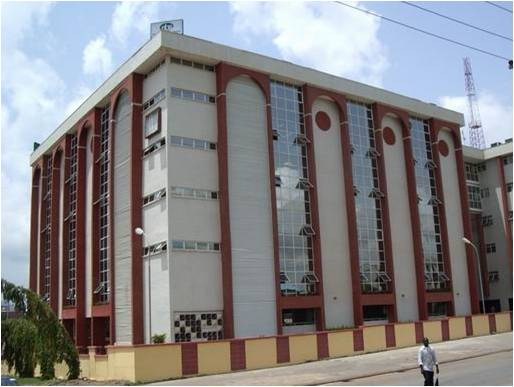Nigeria’s National Bureau of Statistics (NBS), on Monday published the country’s Consumer Price Index showing that inflation during the month of July surged 0.26% up to 12.82% from 12.56% in the corresponding period of last year, pushed by food and urban inflation.
Year-on-Year inflation, according to the report, stood at 12.05%, up from 11.9% in 2019, even as headline inflation stood at 12.82%, as against 12.56% in June 2020.
Food inflation increased to 15.48% in July 2020, 0.30% higher than the previous month’s 15.18%.
This growth was driven by increases in the prices of staples including bread and cereals, potatoes, yam and other tubers, fruits, fish, oils and fats.
Core inflation or ”All items less farm produce” as it excludes the prices of volatile agricultural produce stood at 10.10% in July 2020, down by 0.03 percent when compared with 10.13% in the prior month. MoM, it climbed by 0.75%, down by 0.11% from 0.86% in June 2020, with the highest increases seen in the prices of medical services, passenger transport by air and road, pharmaceutical products, hospital services, maintenance and repair of personal transport equipment, paramedical services and vehicle spare parts. On the average, annual rate of changes of the index stood at 9.48% 0.11% higher than 9.37% in June.
While Urban inflation rate increased by 13.4% from 13.18% in June, it climbed 0.04% up Month-on-Month from 1.23% in June 2020, to 1.27%; just as rural inflation inched from 11.99% to 12.28% within the period under review, and from 1.19% to 1.23% MoM.
Across the 36 states and Abuja, the Federal Capital Territory, all–item nflation in the period under review was at its peak in Bauchi which recorded 16.1%; ahead of Kogi’s 15.9%; while Sokoto and Plateau followed with 15.2% each.
Kwara however recorded the slowest rise of 10.5% inflation rate; followed by 10.6% and 10.7% YoY in Adamawa and Lagos respectively; while MoM growth was fastest in Kogi, 2.85%; Zamfara, 2.44% and Yobe, 2.35%; and slowest in Imo and Ogun, 0.62%; Adamawa, 0.63%; and Ondo, 0.67%.
Food inflation YoY in the month of July was at its peak nationwide in Kogi, 20.09%; Sokoto, 19.28%; and Plateau, 18.05%; while it was slowest in Lagos where it stood at 13.13%; Abia, 13.33%; and Adamawa, 13.37%. MoM, food inflation in July was highest in Zamfara, 3.4%; Kogi, 3.32% and Yobe, 3%; and slowest in Adamawa, which recorded a price deflation or negative inflation defined as a “general decrease in the general price level of food or negative food inflation rate.” Lagos recorded 0.41%; followed by Ogun and Niger with 0.44%.








